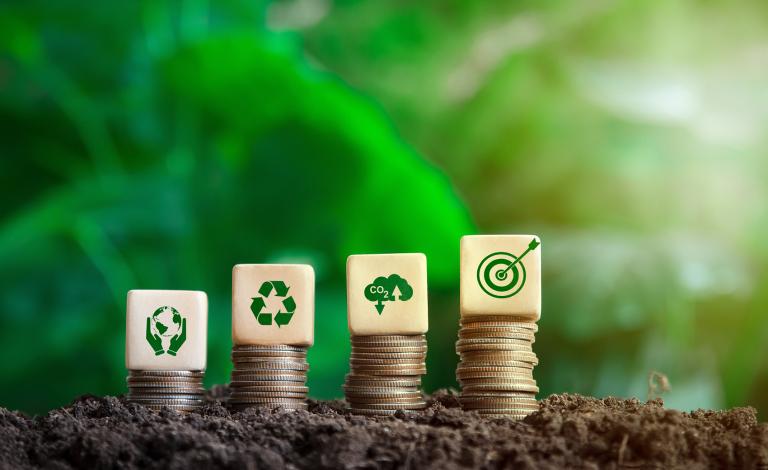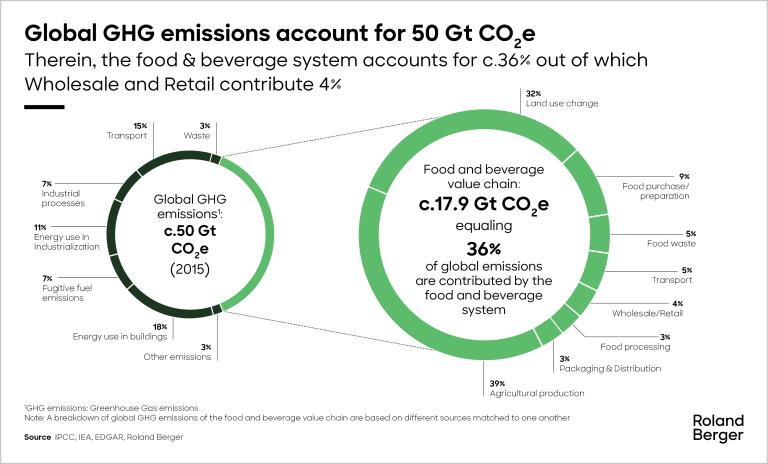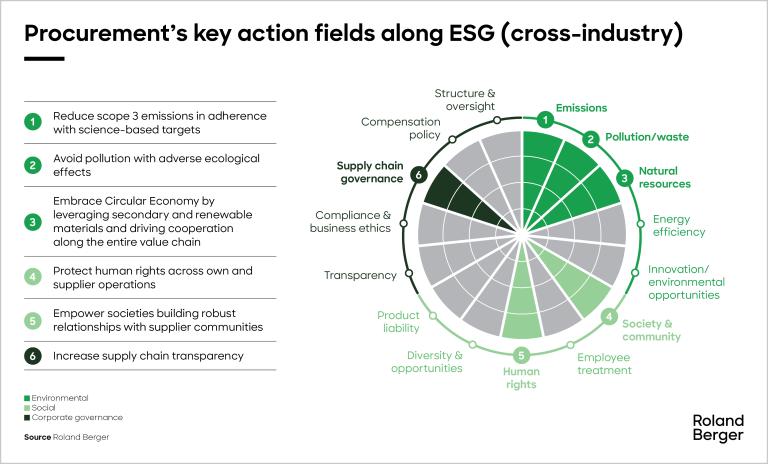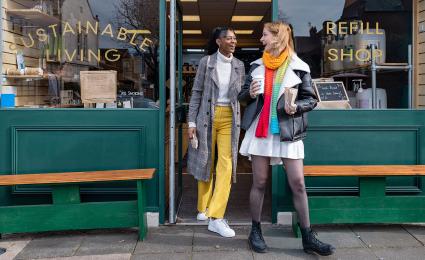A growing number of companies no longer see sustainable thinking and action no longer as something that is "nice to have", but as "must haves" - and not just to look good. Especially customers of the younger generations show a higher willingness to pay for sustainable brands and products, but also industrial companies increasingly attach importance to sustainability.
CSR and procurement: the duo in the front line of climate strategies
![{[downloads[language].preview]}](https://www.rolandberger.com/publications/publication_image/Roland-Berger_cover_Procurement-and-CSR_download_preview.jpg)
Discover how sustainable procurement is transforming the food industry. This study reveals key challenges and solutions to embed ESG practices, reduce Scope 3 emissions, and build resilient supply chains.











